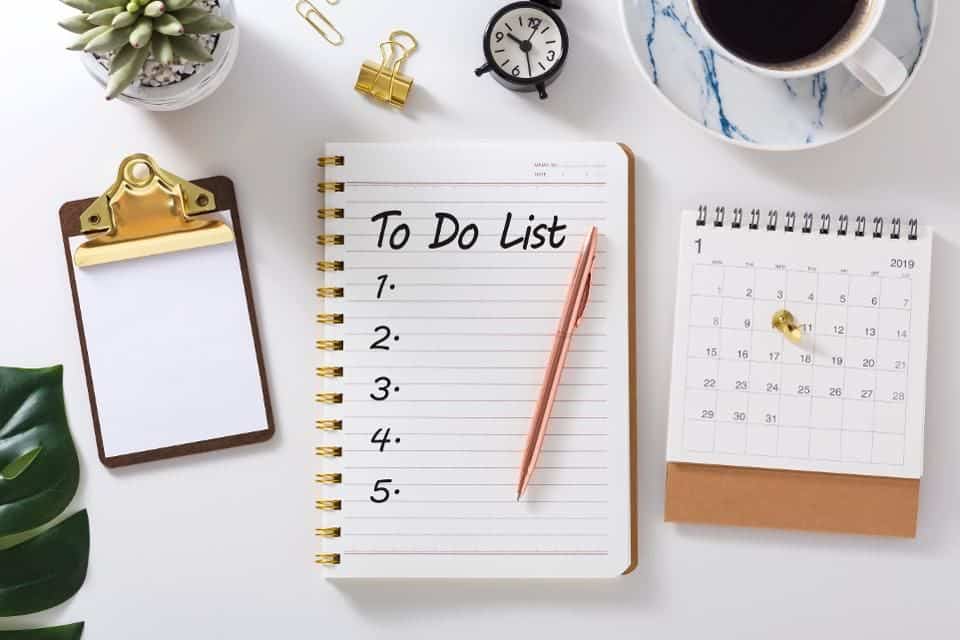“I don’t know what I want to do with my life” is a thought that many professionals have experienced at some point in their careers. Regardless of whether you are just starting out or if you have decades of experience, it is normal to feel this. In fact, this is a feeling that many of the world’s best entrepreneurs felt right before they opened their own business or made an important career change.
To help you navigate this feeling, we have sat down with 6 professionals who have not only been in your shoes but have overcome this obstacle. Check out their tips and words of encouragement below!
Set Small, Incremental Goals
Don’t try to plan your entire life out to every detail. Set small goals for yourself in increments, whether it be every six months or five years. Plans change and you don’t want to find yourself invested into a life plan that doesn’t fit the way your world looks anymore. Keeping small goals and not worrying about the big picture constantly will help you keep your mind clear and reduce stress.
Court Will, Will & Will
Get Rid of the Noise, Temporarily
When I find myself in the “I don’t know what I want to do with my life” mindset, I often discover that there is a lot of noise from outside of my mind that could lead me to think this. Parents, friends and social media can all contribute to excessive noise (whether it be useful or unuseful), making it difficult to discover what you truly want.
What I find always helps to realign my goals and plans for my future is to be by myself for a bit. This could mean going on a road trip by yourself, a solo afternoon trip to the beach or planning a “treat yourself day” filled with solo activities. I find that getting rid of the noise—although temporary—can refresh my thoughts and help give me more space to think about my upcoming personal and professional goals.
Thylan Le, Markitors
What Excited You as a Child?
Think about what got you excited when you were a child growing up. If you think hard enough, there is definitely something you did as a child that brought a smile to your face. It could range from watching or participating in a sport, cooking a gourmet meal, gardening in the lawn, tinkering with the car, or tutoring the neighbor’s kids. It could also be a subject that fascinates you: math, science, a foreign language, etc. It doesn’t matter what it was, so long as you are passionate about it. Once you discover this passion, plan to seek an entry-level job in this area so that you can get started on a career doing something you love.
Craig Rosen, InterviewFocus
Seek People in Industries That Intrigue You
Trial-and-error is all that you can do, to be honest. Acknowledging that no one really knows what they’re doing is a big step to giving yourself the freedom to explore, test, and trying different things and scenarios. From a more practical standpoint, look for a person that you want to become (or think you want to become). Then learn everything about them and figure out if it works for you.
Jakub Kliszczak, Channels
Commit to Something for Three Months
To understand what you’d like to do with your life, you may be tempted to research and leave it at that. Logically, it makes sense to research and plan, but there’s nothing like being within a certain role or industry. Learn by doing and actively take steps to gain real-world experience in what you want to learn. Commit to three months or six months and if you don’t love it, try something new. Don’t give up on yourself and your fulfillment in life.
Stephanie Thoma, Networking Career Coach
Try Out Assessment Tools
Well, I was in my late 40’s when I founded Thrive! Resumes, so that should tell you that it wasn’t an instant process. I like to think that we are all evolving so there’s not one perfect lifelong answer to this question for most of us.
For clients who are really struggling, I often recommend the statistically valid assessment tools at YouScience. Definitely try this before you spend hundreds or thousands of dollars on career coaching. YouScience will list 75+ occupations that are a good fit for you–all you need is to identify the ones that don’t require extensive education. (Unless you really, really want to go back to school.) Joni Holderman, Thrive! Resumes
